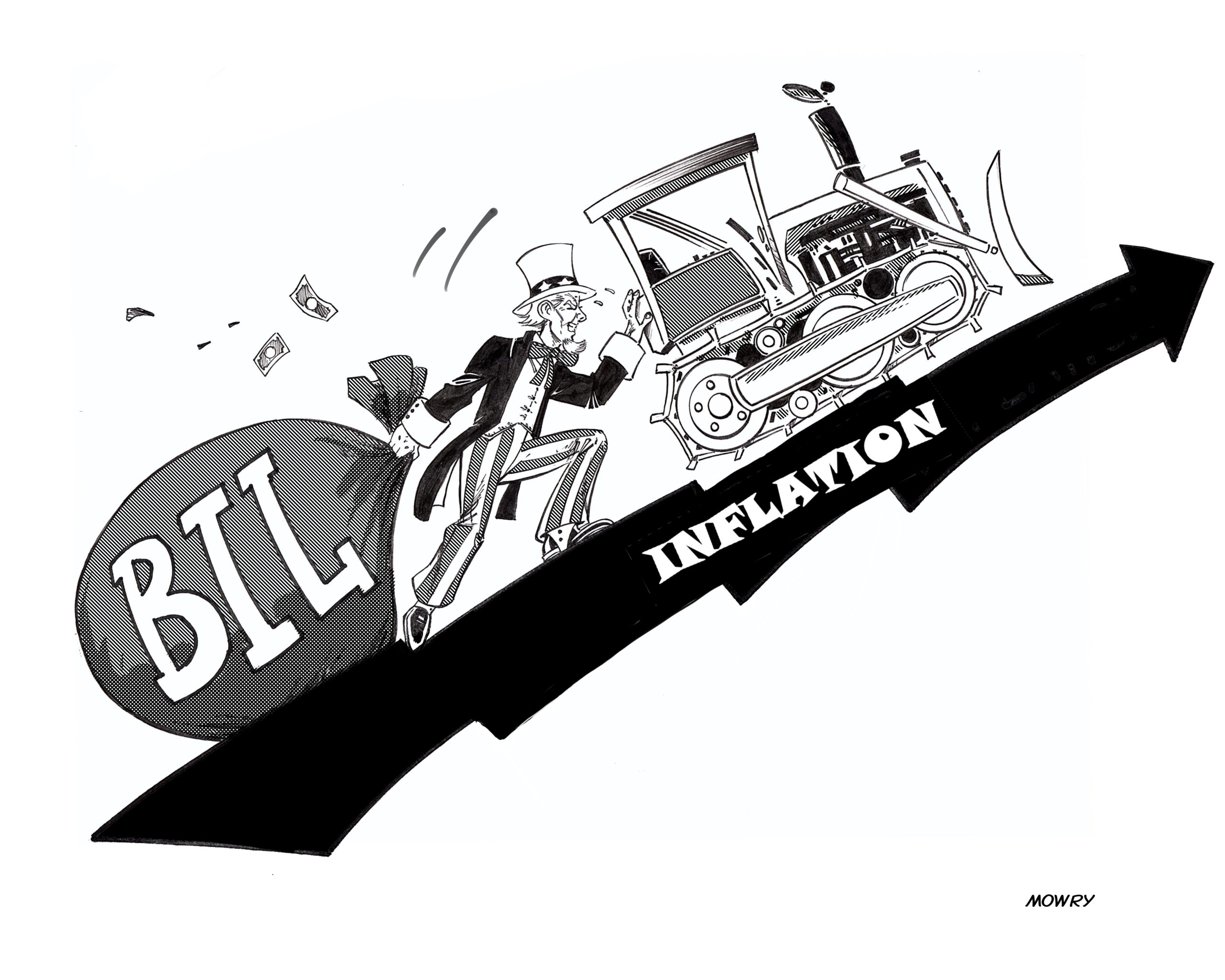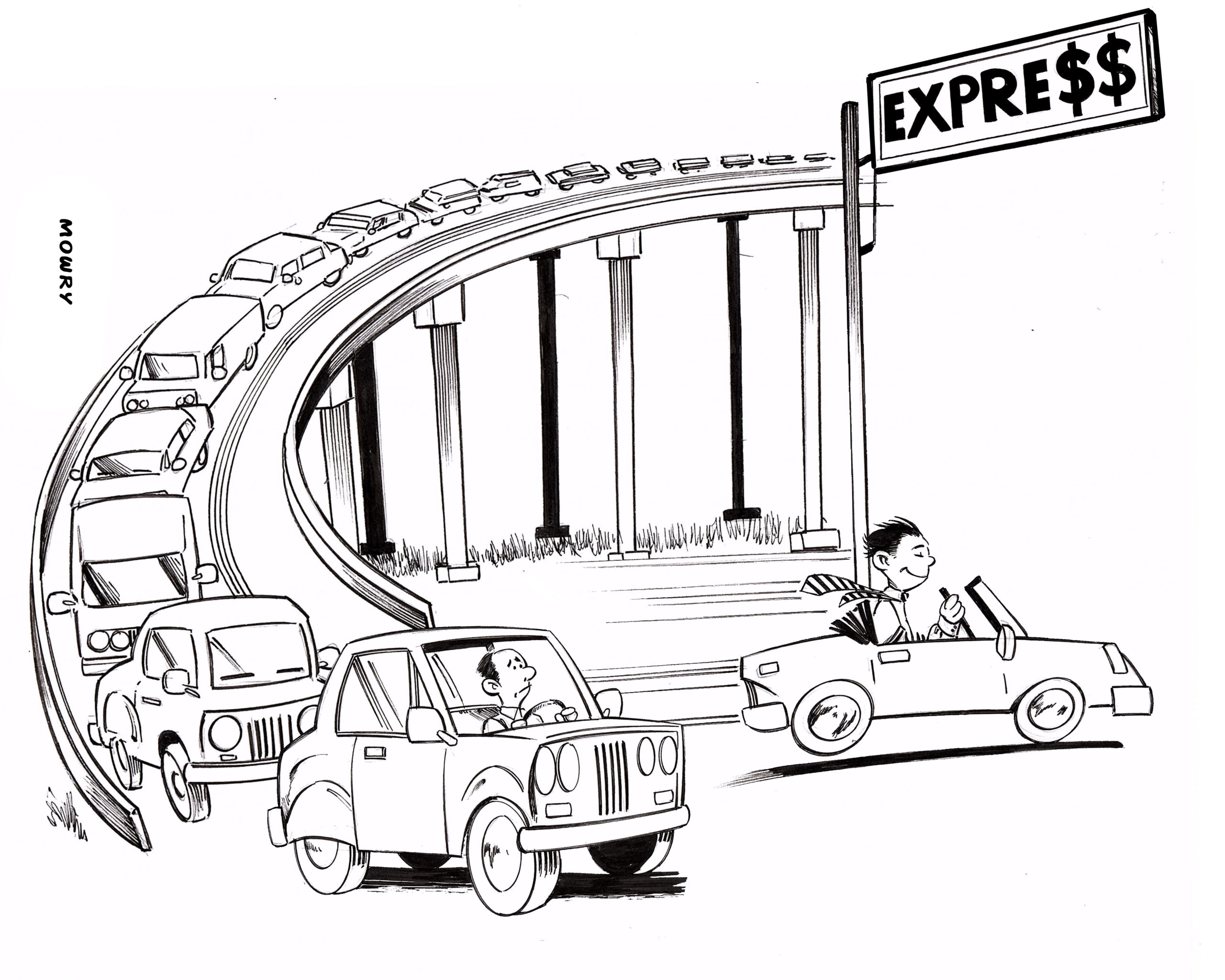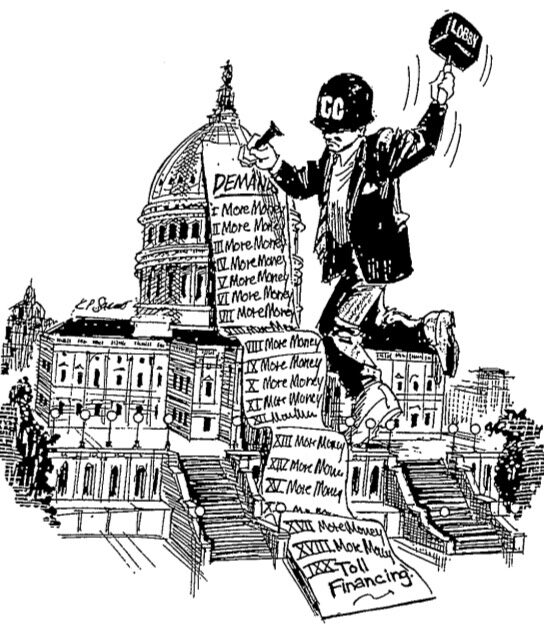The U.S. government’s fiscal situation is going from bad to worse. Neither the White House nor Congress has proposed any measures toward anything like a balanced budget, leading to increasing concerns about our government’s fiscal solvency.
– In December, former Comptroller General David Walker told Congress that he sees a 70% chance of a serious debt crisis by 2030.
– In January, the Congressional Budget Office released its latest 10-year budget forecast, showing annual federal budget deficits that will total $21.1 trillion. That would increase the national debt from $36 trillion to $57 trillion by 2035.
– Also in January, Stanford University economist Hanno Lustig noted that “a fairly broad consensus seems to be developing among economists that the fiscal path we’re on is in fact not sustainable.”
– And The Economist (January 4th issue) noted bond-market concerns about unsustainable federal borrowing potentially leading to bond buyers demanding even higher interest rates on Treasury bonds—a “term premium.”
Congress faces the need to reauthorize the federal surface transportation program in 2026, and discussions are already beginning. If some key House and Senate members wanted to put transportation investment on a sound longer-term basis—meaning no more unfunded programs based on irresponsible federal borrowing—what kind of measures could they consider?




